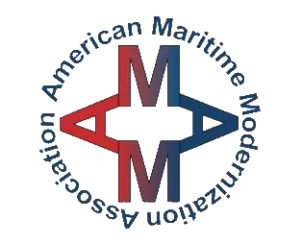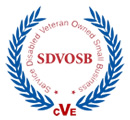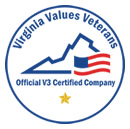Work with us!
Our mission to service the ships that serve our country is what drives us. By joining our team, you’ll be making a difference in our economy, workforce, and national security. We offer competitive wages with full benefits (medical, dental, vision, paid time off, 401K, company-paid life insurance, short-term disability, and long-term disability). Get paid what you are worth!
Apply online or reach out to Human Resources at jobs@ait-marine.com or 757-416-7400 to schedule a confidential interview.
We recognize the hard work and duty of all AIT employees, and try to give back by focusing on employee happiness and unique benefits:
- 8 Paid Holidays
- Theme Park/Water Park Ticket Reimbursement
- 2 weeks Paid time Off (3 weeks at 5 year mark)
- 100% College/Vocational Tuition Reimbursement
- Medical Insurance (Anthem Healthkeepers OAPOS and HSA)
- Vision (VSP)
- Dental (Anthem)
- $ 50,000.00 Life Insurance (Anthem) (Employer Paid)
- Short and Long Term Disability (employer paid)
- Voluntary Life Insurance
- 401k Plan (Guardian)
- Virginia Beach Amphitheater Box Seats
- Complimentary Financial/Retirement Counseling
- Legal Resources
- Annual Bonus Plan
- Employee of the Month Recognition Program
- Top Golf Corporate Platinum Membership
We are always accepting resumes for the following trades:
- Aluminum Welders
- Fire Watch/General Laborer
- Marine Electrician
- Marine Technician
- Inside Machinist
- Outside Machinist
- Pipe Welder
- Pipefitter/Brazer
- Sheetmetal Mechanic
- Structural Welder
To explore any of our job opportunities, please e-mail your resume to Human Resources at jobs@ait-marine.com or 757-416-7400 to schedule a confidential interview.
AIT is an EEO employer and does not discriminate against age, color, national origin, citizenship status, physical or mental disability, race, religion, creed, gender, sex, sexual orientation, gender identity and/or expression, genetic information, marital status, status with regard to public assistance, veteran status, or any other characteristic protected by federal, state or local law.





